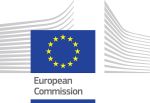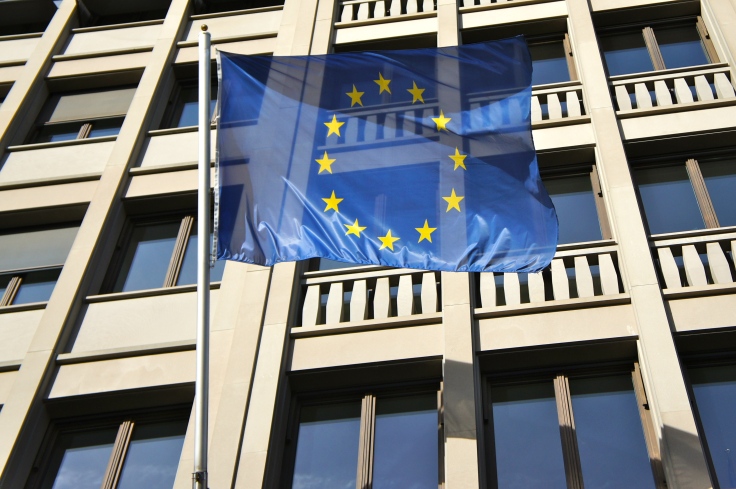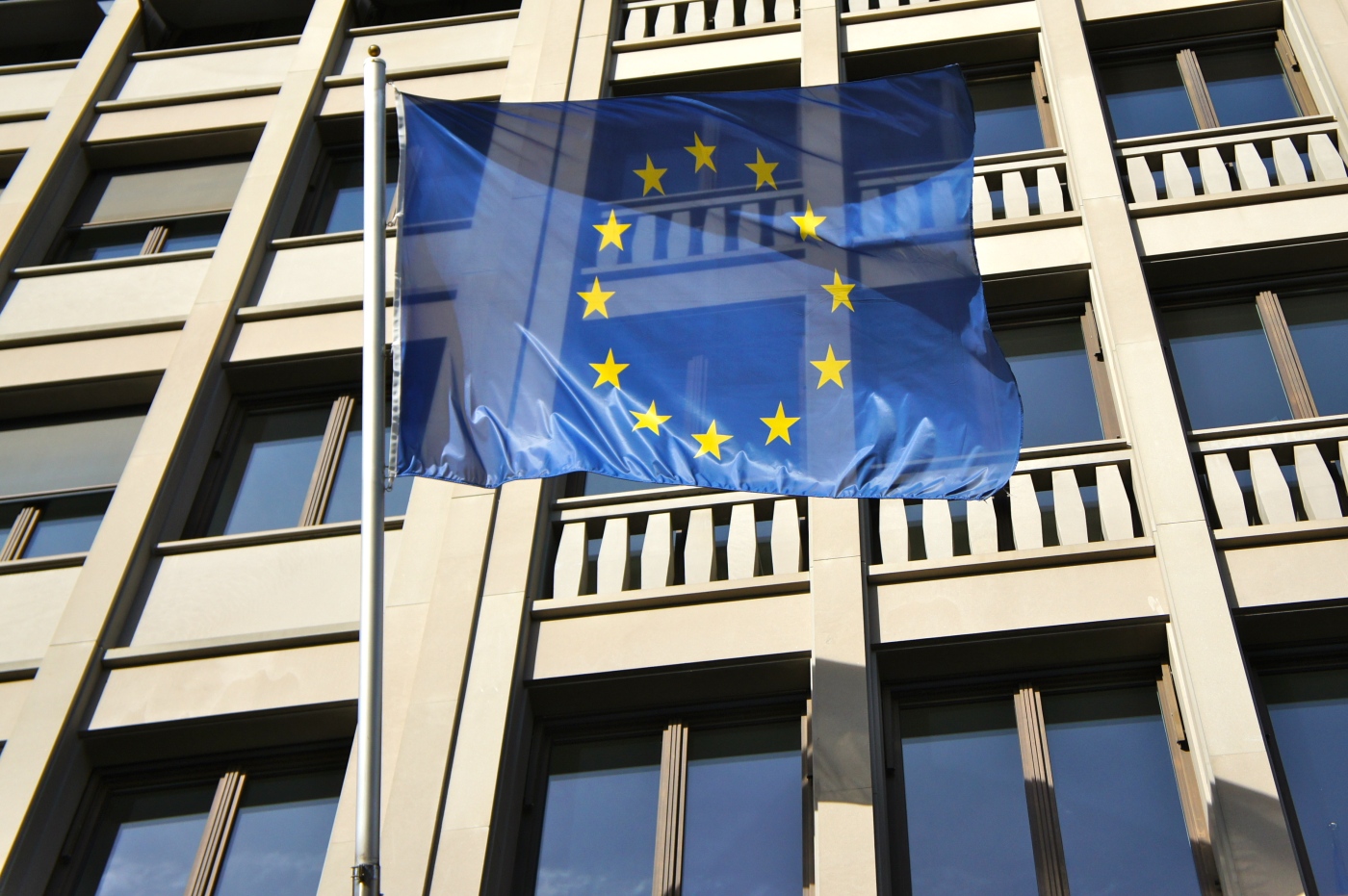*This blog post is part of the Jean Monnet Chair of European Media Governance and Integration series

PART OF THE ’60TH ANNIVERSARY OF THE TREATIES OF ROME‘ BLOG ENTRY SERIES
By Sophie Lecheler
If you did not think already that citizens’ emotions about Europe were a central component of EU integration, then the year 2016 probably changed your mind. Following the Brexit vote, public sentiments of joy, horror, relief and disappointment flooded British and international media. The effects of the Brexit vote reportedly ranged from splitting up lovers and families, to increased levels of political depression in Europe. The UK was marked as a country that is deeply divided, and a vote that based on feelings only, rather than on what is sometimes called “rationality”, became a reality.
The European boiling point that is Brexit was somehow recreated this month, when the parliamentary elections in the Netherlands brought fears of a “Nexit” vote, should Geert Wilders’ far-right Eurosceptic PVV gain enough influence. Results of that election left the European media and community “relieved”, even though many have now pointed out that international media attention for the Dutch elections was almost embarrassingly panicky and biased in our post-Brexit, post-Trump era.

For scholars, the significance of negative emotions in processes related to EU integration, is now abundantly clear. Within the field and beyond, a quickly growing number of studies show how emotional media coverage will influence citizen’s attitudes and behaviour, or that they are strongly related to the rise of populism in western democracies. In EU research, research shows that EU attitudes are to a substantial part formed based on emotions. Other important aspects of EU integration, such as the development of EU citizenship perceptions in membership countries, are equally dependent on whether citizens “feel” European, and are influenced by fearful news.
Many of the negative feelings citizens may have about the EU or European policies today originate in media coverage. While this is not news to political communication scholars, it provides a starting point for thinking about how to adverse such effects. Arguably, no effective strategy of educating and promoting EU can function without emotions. We live in a post-truth era, where an increasing number of citizens form their social and political attitudes based on what “feels” true and right.
Ironically, this level of societal emotionality may be used for good. What is probably most important here is not to let old dichotomies of rationality versus emotions arise both in scholarship and public discourse about EU. In simple terms: We need to citizens to feel something, to care about the EU. So, one possible strategy would be to counter the politics of fear with positive or constructive emotional narratives surrounding EU integration. Positive narratives can be powerful, both in stimulating interest and in mobilizing civic action. A recent study I conducted with colleagues in the UK shows that news articles full of fear and anger leave have limited effects, as citizens are at high anger and anxiety levels already. However, against expectations, these levels of negative emotions can be reduced when bringing up positive political emotions such as events related to enthusiasm, hope or relief. Those who then experience these positive feelings are more likely to engage in civic action, such as donating money to a good cause or helping a neighbour. This suggests that evoking positive emotions about EU integration could be effective in stimulating support for the European project. It can also stimulate forms of constructive Brussels journalism, where correspondents who report on EU politics may use their insights and networks to be part of a larger democratic, free, but less destructive media force. EU citizens might have a post-truth mentality, but that does not mean their feelings do not make sense.
Related literature:
- Brader, T. (2005). Striking a responsive chord: How political ads motivate and persuade voters by appealing to emotions. American Journal of Political Science, 49(2), 388-405
- Bruter, M. (2004). On what citizens mean by feeling ‘European’: perceptions of news, symbols and borderless‐ness. Journal of ethnic and migration studies, 30(1), 21-39
- Boomgaarden, H. G., Schuck, A. R., Elenbaas, M., & De Vreese, C. H. (2011). Mapping EU attitudes: Conceptual and empirical dimensions of Euroscepticism and EU support. European Union Politics, 12(2), 241-266.
- Lecheler, S., Bruter, M., Harrison, S. (2016). Beyond negativity: The effects of positive emotional news on political behaviour. Presented at the annual conference of the International Communication Association, Fukuoka/Japan.


Leave a comment